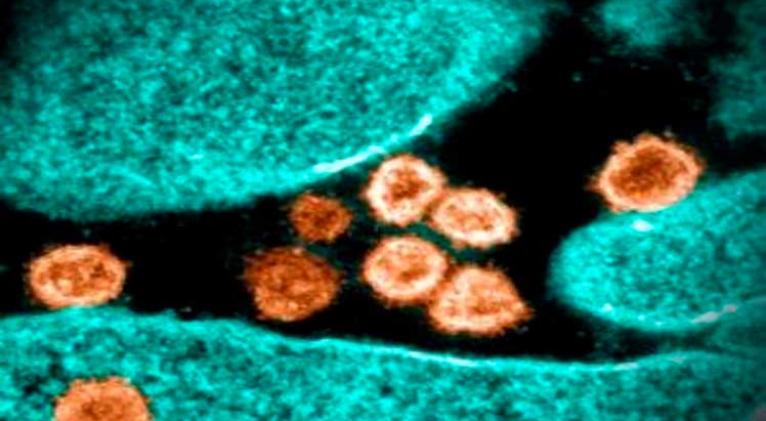The endless pandemic and BA.5 in new waves of Covid-19
especiales

Havana, Jul 14 (Prensa Latina) Without masks almost everyone, many vaccinated with up to five anti-Covid-19 doses, but until today the end of the pandemic is still far away and even more so now, when the Ómicron subvariant BA.5 lights up again the alarms.
This new modification of the SARS-CoV-2 virus, which causes the disease that has kept the planet on edge for more than two years; and the closely related variant BA.4, has already generated a global increase in cases: 30 percent more in the last two weeks alone, according to the World Health Organization (WHO).
The two subvariants show a worrying ability to reinfect people who have already been vaccinated or who have recovered from the disease, the director general of that organization, Tedros Adhanom Ghebreyesus, recently pointed out.
For the fifth consecutive week, a significant increase in Covid-19 cases is reported and in the last seven days alone, 5.7 million new confirmed cases were reported, an increase of six percent.
According to WHO, the largest peaks occur in the Western Pacific and the Middle East. Deaths rose 78 percent in the Middle East and 23 percent in Southeast Asia, while falling or remaining flat elsewhere.
In an interview with CNN, Eric Topol, a professor of molecular medicine at the Scripps Research Institute in the United States, called the BA.5 variant “the worst version of the virus that has ever been seen.”
“BA.5 can easily evade immunity from previous infections and vaccines, increasing the risk of reinfection; although the variant does not appear to cause more severe disease, we do expect to see an escalation in hospitalizations, as has occurred in Europe and in other places where the variant has become stronger,” he said.
He also pointed out that something good is that it does not seem to be accompanied by higher admissions to intensive care units, nor by more deaths; but “it’s definitely worrying.”
As for the deceased, the WHO indicated in its most recent report on Covid-19 that the figures remain relatively stable and in the last week there were 9,800 deaths, a number similar to that of the previous week.
BA.5 has become the dominant strain in the United States where it accounts for 65 percent of new infections, according to the Centers for Disease Control and Prevention (CDC).
Whereas, in Europe, both BA.5 and BA.4 caused an increase of about 25 percent of new cases.
Faced with this situation, Michael Ryan, executive director of the WHO Health Emergencies Program, pointed out this figure could actually be higher, given the “almost collapse in screening tests.”
A recent article on the Research Square preprint platform site indicated that the bottom line of BA.5 is its ability to infect millions of people with natural or acquired immunity.
“With each episode of reinfection, the risk of presenting more severe symptoms is greater, something that goes against the popular belief that if one is infected more times, one is developing greater immunity,” the text explained.
The investigation, carried out in the United States, compared electronic medical records of over 250,000 people who tested positive for Covid-19 once, with almost 39,000 who reported two or more infections.
Both groups were compared with a control group, made up of more than 5.3 million people without suffering from the disease and of the almost 39 thousand who had a reinfection; 36,000 experienced it for the second time, approximately 2,200 for the third time, and 246 for the fourth time.
The result was that; Compared with people who did not have Covid-19, those with reinfections had twice the risk of dying and three times the risk of being hospitalized within six months of their last infection.
Lung and heart problems, fatigue, digestive and kidney disorders, diabetes and neurological conditions were also seen after each reinfection, symptoms that could last for at least six months.
Amidst this panorama, Adhanom Ghebreyesus said that global surveillance against Covid-19 has been significantly reduced, including testing and sequencing; This makes it increasingly difficult to assess the impact of transmission variants, disease characteristics, and the effectiveness of mitigation measures.
“New waves of the virus show once again that the pandemic is not over,” he said.














Add new comment